Is Children Listening to Music and Watching Movies and TV Series Good or Bad
The Impact of Entertainment on Children’s Development
The Digital Kid
Entertainment has become an integral part of children’s daily lives.
Music, movies, and television series not only provide enjoyment but also influence their growth and behavior.
As parents and educators grapple with concerns over the balance between benefits and drawbacks, it becomes essential to explore how these mediums affect children.
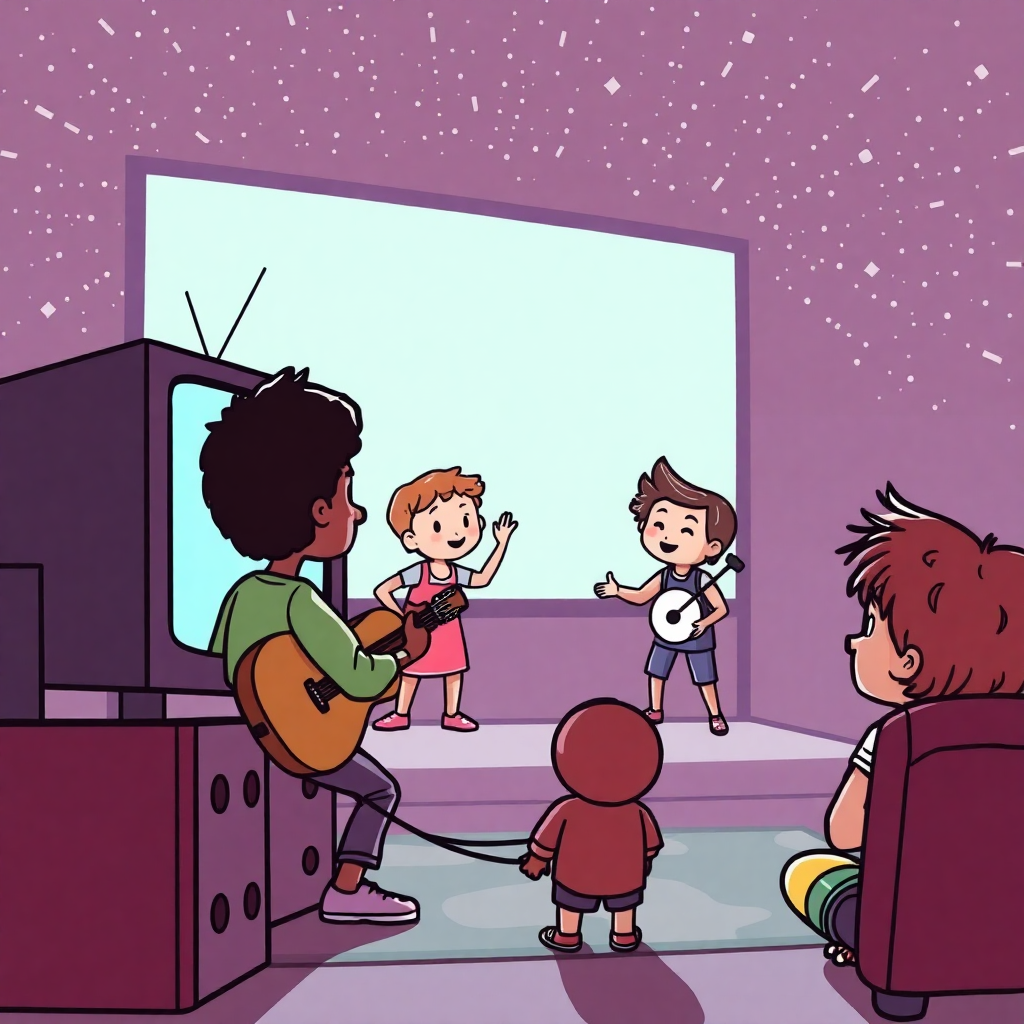
The Positive Effects of Music
Boosts Creativity and Cognitive Skills
Music has been shown to enhance children’s creativity and cognitive abilities.
Learning and playing musical instruments can improve memory, problem-solving skills, and motor coordination.
Exposure to music also encourages emotional expression, helping children articulate their feelings better.
Improves Mental Health and Relaxation
Listening to music can be therapeutic for children, reducing stress and anxiety.
Relaxing melodies can calm the mind and promote better sleep, while upbeat tunes can elevate mood and energy levels.
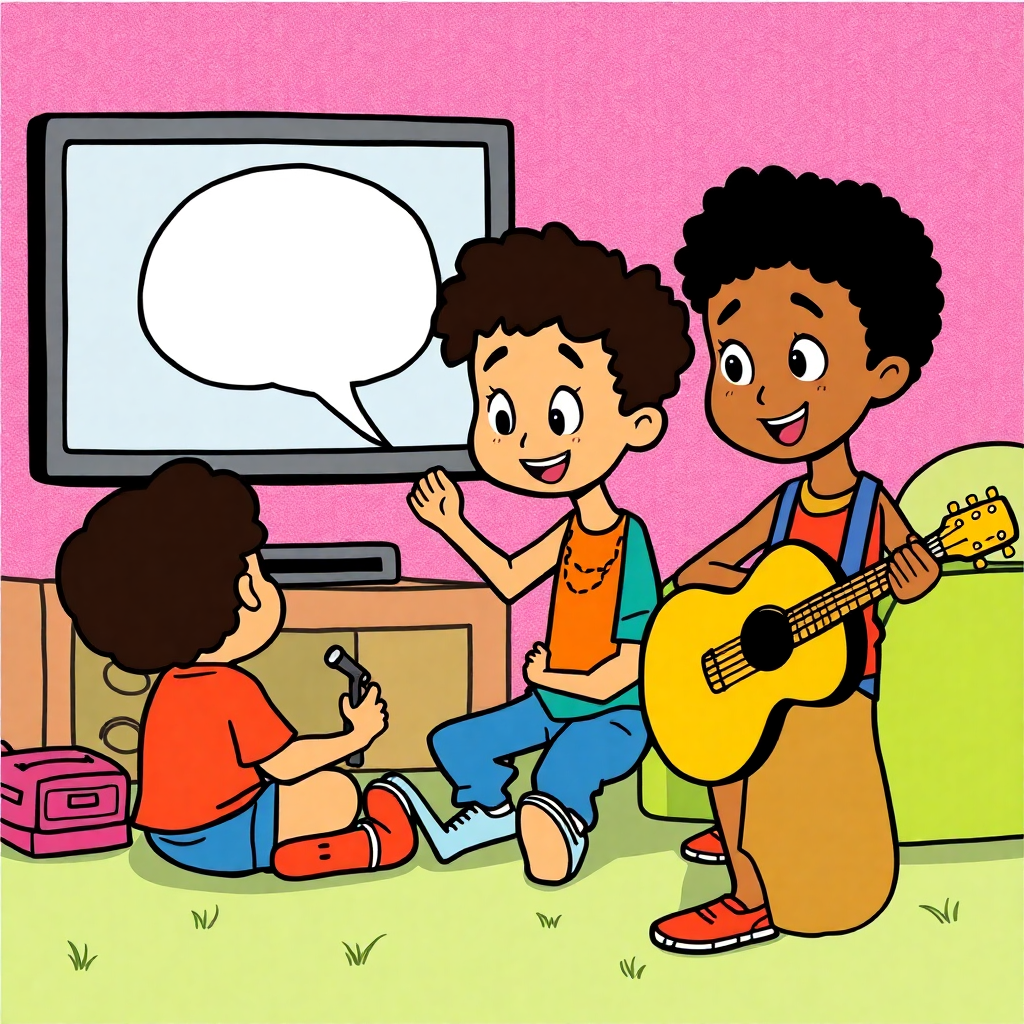
The Positive Effects of Movies and TV Series
Encourages Learning and Awareness
Educational movies and TV series can teach kids valuable lessons about science, history, and different cultures.
These programs also foster empathy by introducing children to diverse characters and experiences.
Strengthens Bonding and Social Interaction
Watching movies and TV series as a family can promote bonding and discussions.
It creates opportunities to spend quality time together and share viewpoints on various topics.
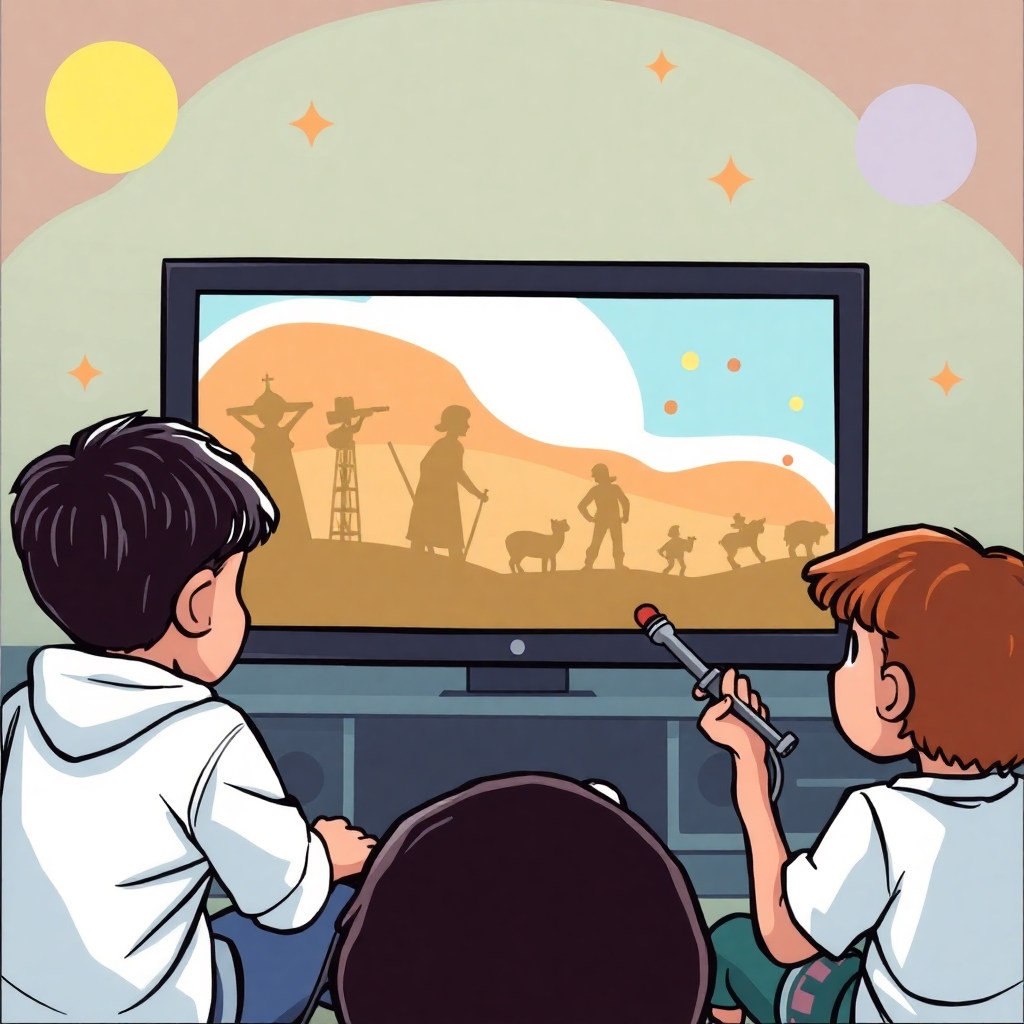
The Negative Effects of Music
Exposure to Inappropriate Content
Not all music is suitable for children.
Lyrics with violent or explicit themes can negatively impact their behavior and mindset.
Parents must ensure that music is age-appropriate and aligns with positive values.
Distraction from Studies and Tasks
Excessive listening to music, especially during study time, can lead to distraction and hinder academic performance.
Striking a balance between leisure and responsibility is crucial.
The Negative Effects of Movies and TV Series
Risk of Sedentary Lifestyle
Spending prolonged hours in front of screens can lead to a sedentary lifestyle, increasing the risk of obesity and related health problems.
Parents should encourage physical activity alongside entertainment.
Potential Harmful Influences
Movies and TV series with violent or age-inappropriate content can have a detrimental impact on children’s emotional development.
Monitoring and filtering content is essential to ensure healthy consumption.

The Role of Age-Appropriate Choices
Impact of Age-Specific Content
Selecting content tailored to a child’s age is crucial for their cognitive and emotional growth.
It ensures that children are exposed to material that aligns with their developmental stage.
Parental Guidance in Content Selection
Parents play a pivotal role in choosing content that is not only age-appropriate but also enriching.
Engaging in conversations about the themes of movies or music enhances understanding and connection.
Encouraging Balanced Consumption
Limiting Screen Time
Establishing boundaries for daily screen use is important to maintain physical and mental health.
Balance encourages kids to explore other activities like outdoor play and reading.
Promoting Variety in Entertainment
Encouraging children to diversify their entertainment habits prevents over-dependence on screens or music.
This includes mixing creative hobbies, sports, and family interactions with entertainment.
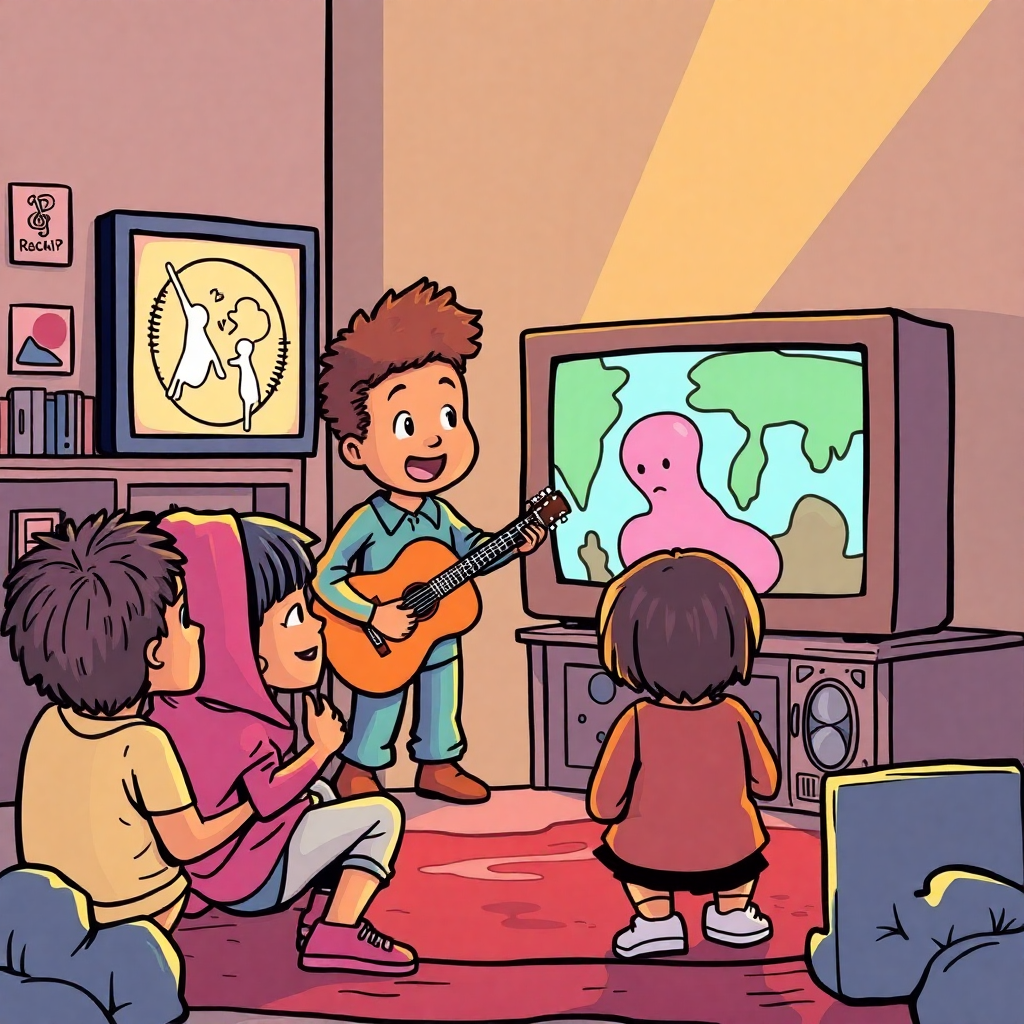
Educational Benefits of Music and Movies
Learning Through Music
Songs can be used to teach languages, math, and history in an engaging manner.
Their rhythmic and mnemonic properties aid in memorization and learning.
Lessons From Visual Storytelling
Movies and TV series can introduce children to complex ideas in simple, relatable ways.
They can spark curiosity about science, environmental issues, and human values.
Social Media’s Influence on Entertainment Choices
Rise of Peer-Inspired Preferences
Children are often influenced by the content their peers recommend or consume.
This trend highlights the role of social media in shaping entertainment choices.
Ensuring Positive Influence
Parents should guide children in making thoughtful decisions about content shared on platforms.
Teaching discernment can prevent exposure to harmful or irrelevant entertainment.

Developing Critical Thinking Through Media
Encouraging Analytical Viewing
Helping children question and analyze the content they consume fosters critical thinking skills.
This can be achieved through discussions after watching or listening.
Identifying Themes and Messages
Children who learn to identify themes and messages develop media literacy.
This ability equips them to navigate entertainment with a more discerning perspective.
Conclusion
While music, movies, and TV series hold great potential to enrich children’s lives, their impact depends on how they are consumed.
Parents play a pivotal role in ensuring the content is age-appropriate and the time spent is balanced.
By fostering mindful entertainment habits, parents can help their children reap the benefits while mitigating the risks, ensuring a healthy and nurturing environment for growth.
Join the Discussion
How do you feel about children listening to music or watching movies and TV series?
Do you believe these forms of entertainment help foster creativity and learning, or do you think they pose risks that outweigh the benefits?
#ChildDevelopment #MusicForKids #MoviesForKids #TVSeriesForKids #HealthyHabits #ScreenTime #MusicBenefits #EducationalContent #FamilyBonding #MediaLiteracy #CriticalThinking #ChildGrowth #CreativeKids #PositiveParenting #AgeAppropriate #KidsLearning #BalancedLifestyle #MindfulParenting #ParentalGuidance #HealthyChoices #SocialMediaImpact #EntertainmentForKids #MusicLovers #EducationalTV #ParentTips #KidsActivities #FamilyTime #MediaAwareness

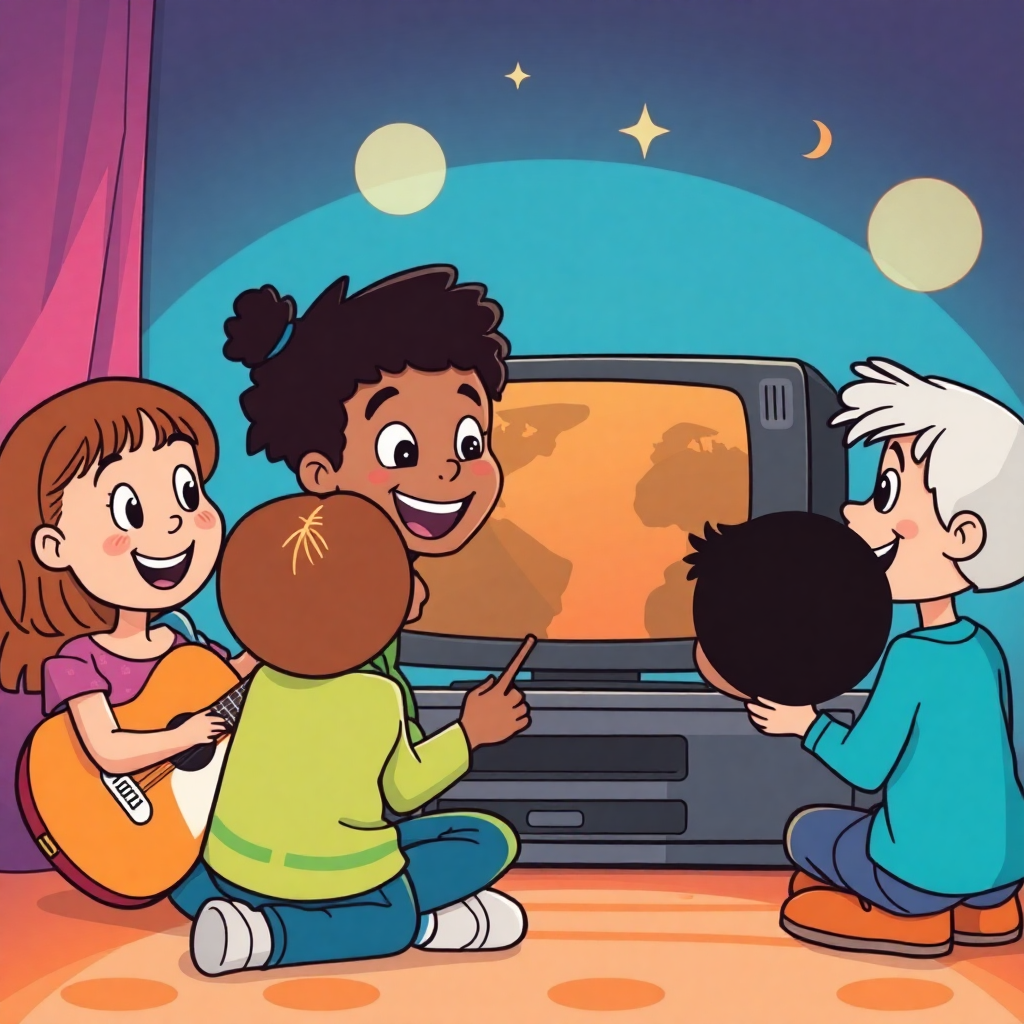

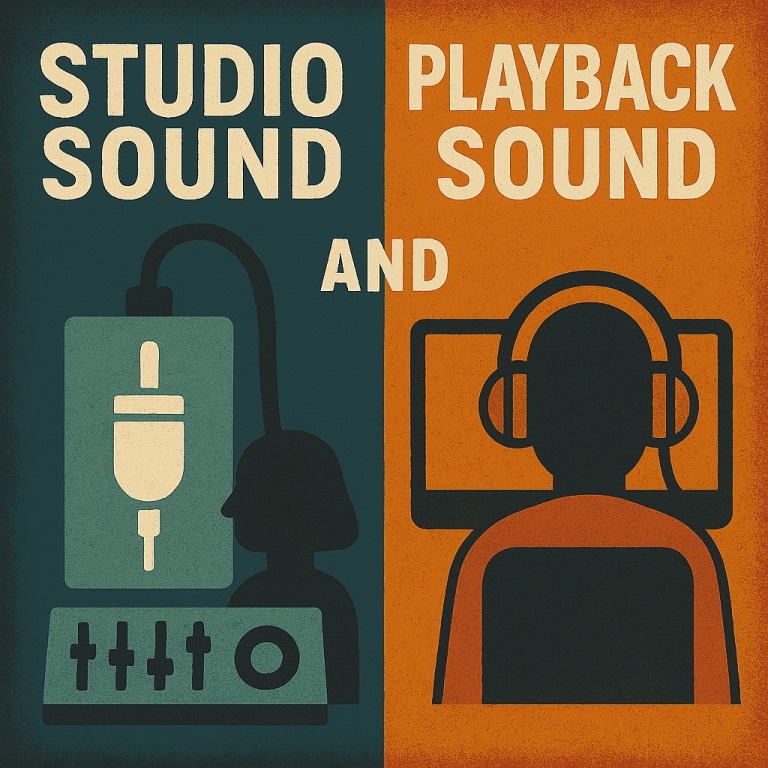


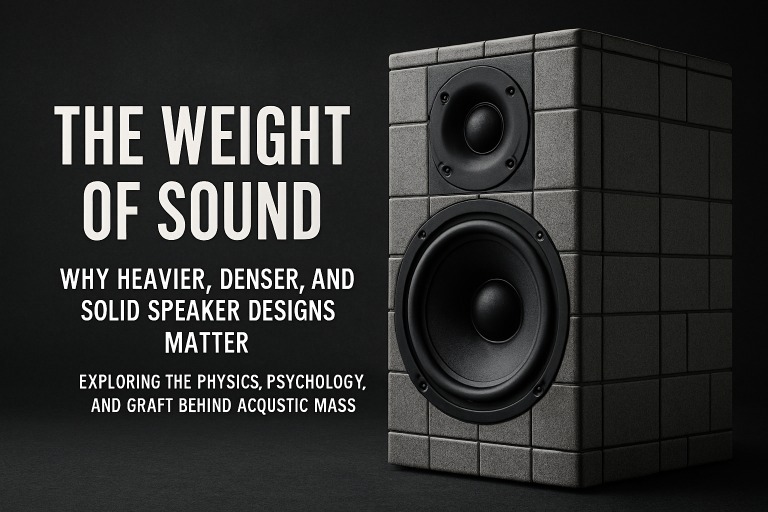

Actually no matter if someone doesn’t know afterward its up to other users that they will help, so here it takes
place.
Its such as you read my mind! You appear to grasp so much approximately this, like you wrote the ebook in it or something.
I believe that you could do with some p.c. to force
the message home a bit, however other than that, that
is magnificent blog. A great read. I’ll certainly be back.